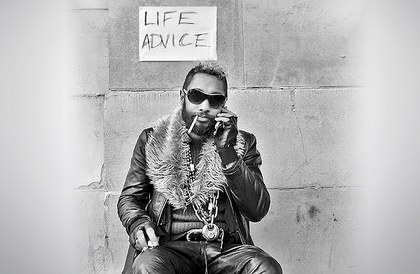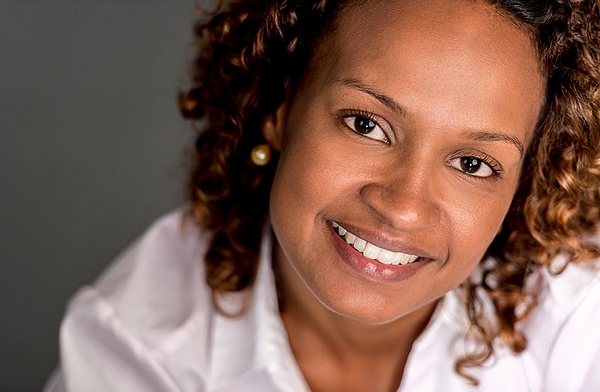Mentoring 103: Mentors are wise and trusted counselors and teachers, not coaches. Matched correctly, a mentor can change your beliefs, behaviors, and habits. Indeed, she can change your life!
A learning partnership.
The problems best suited for mentoring tend to be the thornier ones. A mentor can offer a long-view perspective, add to your stock of wisdom, and fill in the gaps where you lack experience. She’ll encourage you when you need a gentle shove and lend an ear when you need to talk with someone. Her job is to challenge your assumptions and encourage you to self-reflect.
Seek and ye shall find.
NeXters, wisdom comes from reflecting on experience, which you do not have. Mentors are well-springs of wisdom—but only if you use them! Securing a quality mentor is unlikely to happen, however, unless you do your homework, make the case, and ask. Here are some things to think about to get started:
- What’s your need? Mentoring can help your professional as well as your personal life (see: Mentoring Millennials). Maybe you are looking for advice on advancing your career or where to find professional connections. It could be that you need help in managing your money or rebuilding your self-esteem after being in an unhealthy relationship. Or you might simply want someone to listen and offer a neutral perspective. Good mentors help you make sense of your situation and clarify the issue(s) that need to be solved.
- Potential mentors. Your circle of family and older friends is a good starting point (big sisters can be ideal). From there, you can expand your search to include teachers, someone from your community or your church, people you work with, and others who are significant in your life. Approaching strangers, particularly in matters that involve personal finance or identity data, needs to be done with caution, however.
 Be choosy. Evaluate each individual and mentally review the qualities of a good mentor to be sure your selection is a good candidate (see: Your guiding light – Mentoring 102). Keep an open mind in matching your needs to a prospective mentor—they can often help you in ways you hadn’t planned for or didn’t expect.
Be choosy. Evaluate each individual and mentally review the qualities of a good mentor to be sure your selection is a good candidate (see: Your guiding light – Mentoring 102). Keep an open mind in matching your needs to a prospective mentor—they can often help you in ways you hadn’t planned for or didn’t expect.- Approach a candidate. Spend some time learning about the person that you intend to ask. Just because she is busy does not automatically disqualify her from consideration (if this is the case, you might want to first bounce the idea off someone who knows her well). Consider sending an email to request a phone conversation or meeting where the two of you can discuss your proposal. If properly timed, sometimes just dropping by may work.
- Ask for the commitment. Before you actually ask someone to be a mentor, be sure to explain why you selected her as a potential mentor and how she might help you. Also, give some thought to the benefits the relationship will bring to the potential mentor. While it’s preferable to ask in person, if that’s not possible do so by phone or email.
- Be prepared. Your prospect may turn you down—if this happens, don’t take it personally. It is likely she has other responsibilities that would stand in the way of being a quality mentor and she is simply being honest with you. Be sure to thank her and ask for a referral to someone she thinks might be a good mentor for your needs.
Keys to hitting a home run!
 Learn about the mentoring process and try to find a person who sincerely wants to make a difference in your life (see: Your guiding light – Mentoring 101). A mentor will give you the gift of time and talent; in return, you should be receptive, ask questions, and listen closely. The four Cs to a successful mentoring relationship include:
Learn about the mentoring process and try to find a person who sincerely wants to make a difference in your life (see: Your guiding light – Mentoring 101). A mentor will give you the gift of time and talent; in return, you should be receptive, ask questions, and listen closely. The four Cs to a successful mentoring relationship include:
- Commitment: Of both mentor and mentee
- Clarity: Of purpose and desired outcomes
- Communication: Raw honesty and a willingness to be vulnerable
- Confidentiality: What happened in Vegas stays in Vegas.
Keep in mind, you are not owed anything by someone who volunteers to help you. Conversely, you are not bound to do everything that they suggest you do. If either of you reach a point where you see the mentoring process as no longer productive or needed, tidy up the loose ends and end the relationship as responsibly and respectfully as possible.
Good luck and happy hunting!
Knowledge without self-reflection does not lead to wisdom. The reflective element is the most crucial step for wisdom to develop.
~ Monika Ardelt, sociologist
Learn more about this, and other interesting topics, in the Young Person’s Guide to Wisdom, Power, and Life Success.
Image credit: “Portrait of a beautiful black woman looking happy” by Andres Rodriguez, licensed from 123rf.com (2016).





















